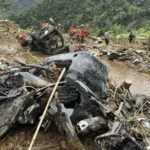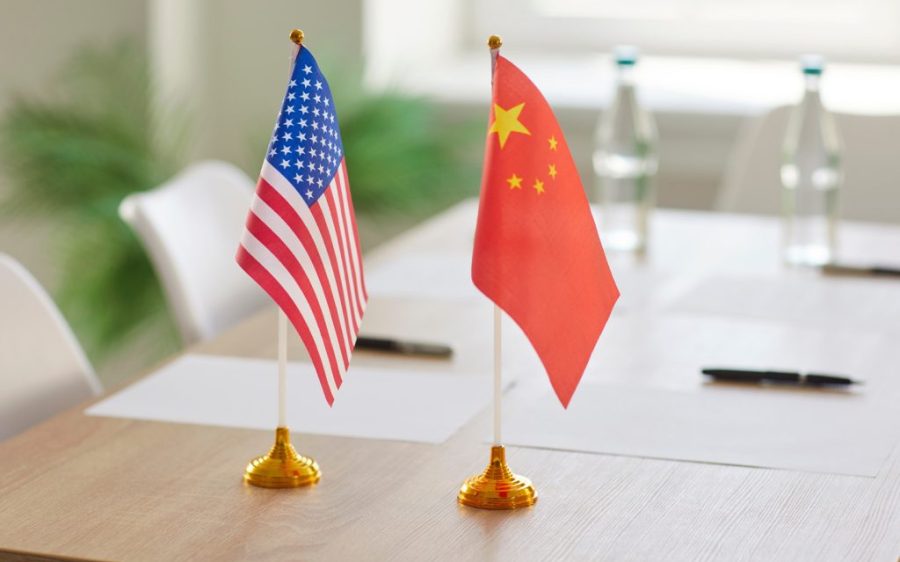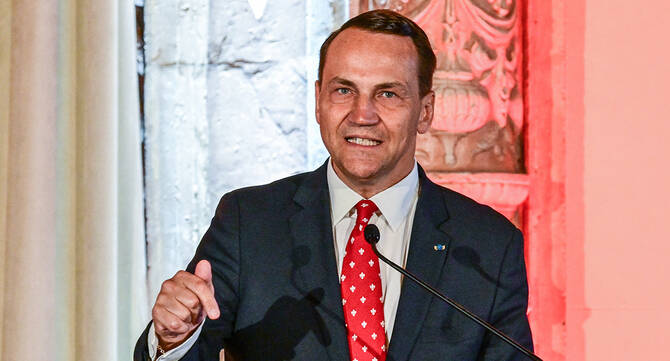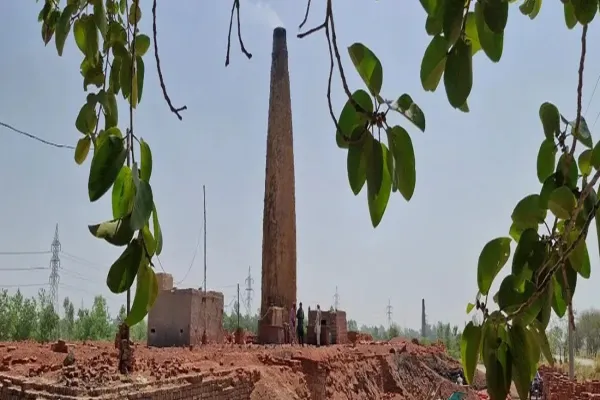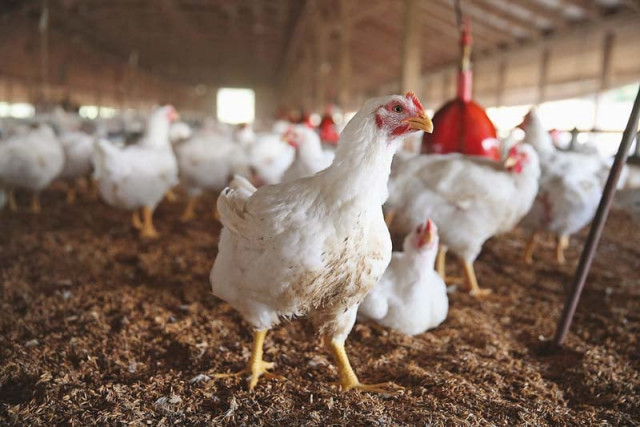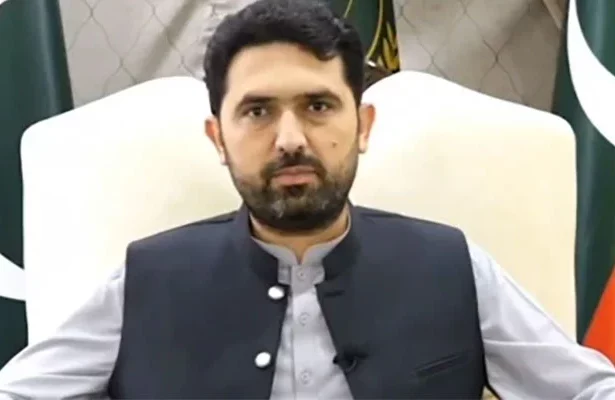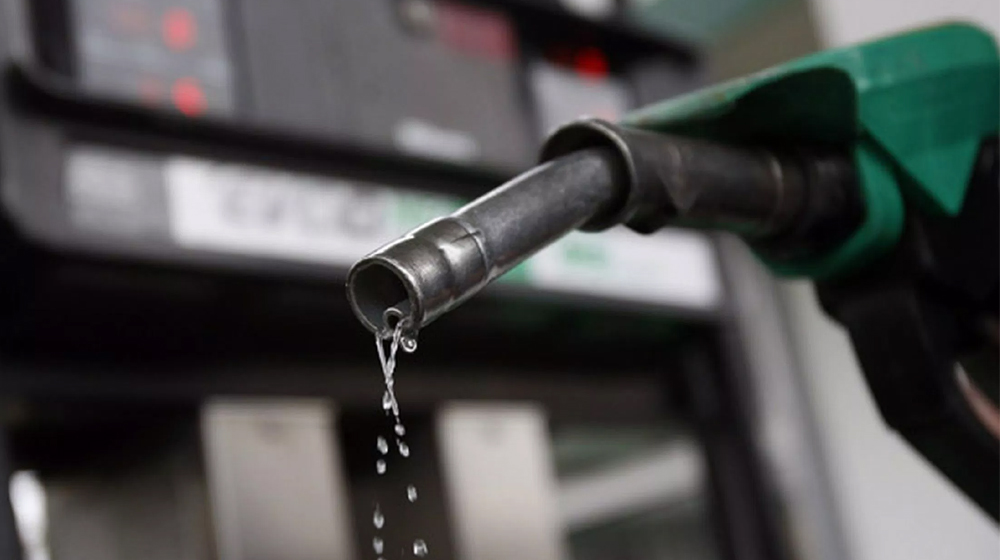The Federal Board of Revenue demanded 1,010 cars for its field officials. The Senate Committee objected to buying these cars due to the economic crisis in the country. Senate Panel’s objection: Senator Saleem Mandviwalla, leading the Senate Standing Committee on Finance, objected to the car's purchase for FBR officials. The committee called FBR to cancel …
Senate and FBR Clash Over Car Purchases for Officials

The Federal Board of Revenue demanded 1,010 cars for its field officials. The Senate Committee objected to buying these cars due to the economic crisis in the country.
Senate Panel’s objection:
Senator Saleem Mandviwalla, leading the Senate Standing Committee on Finance, objected to the car’s purchase for FBR officials. The committee called FBR to cancel the purchase of 1,010 vehicles. FBR, however, informed the committee that the decision was made to enhance field mobility and transparency in the tax collection.
Also Read: Judicial Chaos: Supreme Court Removes Registrar
The Senate, however, opposed FBR’s plan of procuring 1,010 vehicles that cost over Rs 5.6 billion. As per the Senate, FBR’s plan lacks transparency. That is why it should not be implemented. Moreover, the Senate Committee raised a lot of concerns regarding purchasing and prioritizing Honda Atlas without a competitive bidding process.
Senator Faisal Vawda’s criticism:
Senator Faisal Vawda, however, accused the FBR of favouring Honda Atlas over the other franchises. Vawda claimed that Indus Motors is less costly than the Honda Atlas. Moreover, Honda Atlas provides just a 1-year warranty while Indus Motors gives us 2 years of warranty. Faisal Vawda alleged FBR’s vehicle procurement policy was a tailored and biased decision favouring the Honda Atlas. He argued that the committee should take legal action against it.
The Senate Standing Committee decided to take the matter to the Prime Minister of Pakistan, Shehbaz Sharif, the Finance Minister and the Accountant General of Pakistan Revenues (AGPR), so they persuaded FBR to stop this purchase. Faisal Vawda argued that if FBR is successful in getting a Rs 384 billion tax shortfall in the first half of this fiscal year, then the committee would recommend giving Rs 16 billion to FBR.
FBR’s Justification:
Freedoon Sheikh, FBR Chief Administrator, defended the decision. He stated that these vehicles are much needed in the FBR sector for fieldwork. Sheikh highlighted the significance of these vehicles in the sector. He said that computers and digital tools can only be helpful in listing taxes paid and unpaid for the filers, but for non-filers, physical verification is needed.
He also said that mobility is needed to locate non-filers and conduct on-site audits. Officers need vehicles to visit manufacturing units and supply chains. FBR argued that it is impossible to achieve targets without providing officers with these vehicles.
FBR, however, ensured that these vehicles would only be provided to the field officers. Not a single stationed officer at headquarters can get these automobiles.
Inland Revenue Service Officers’ protest:
The Inland Revenue Service Officers Association (IRSOA) criticised the government’s new Rating and Reward System (RRS). The IRSOA said that the rating and reward system is inappropriate and aims to target the system’s transparency. The RRS unfairly labels most officers as corrupt. The association, however, stated that the evaluation criteria are subjective and wholly based on favouritism.
In addition, the Rating and Reward system is flawed, which forcefully categorises 40 out of 50 officials as corrupt and the rest in category A. The association also stated that the officers fear damage to their professional reputation
The IRSOA declared the RRS as an initiative to damage the system’s integrity and a drive to fuel the existing challenges.


